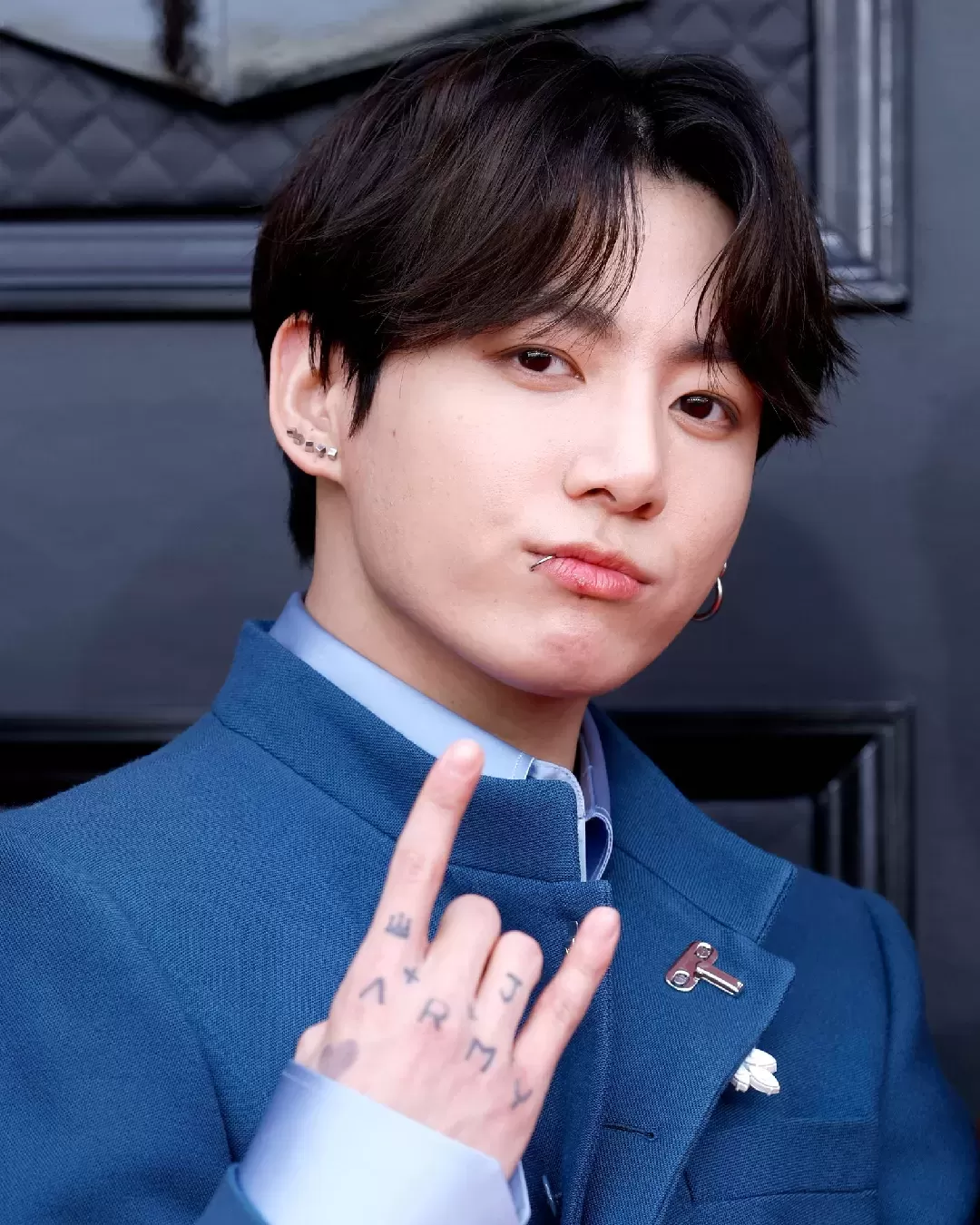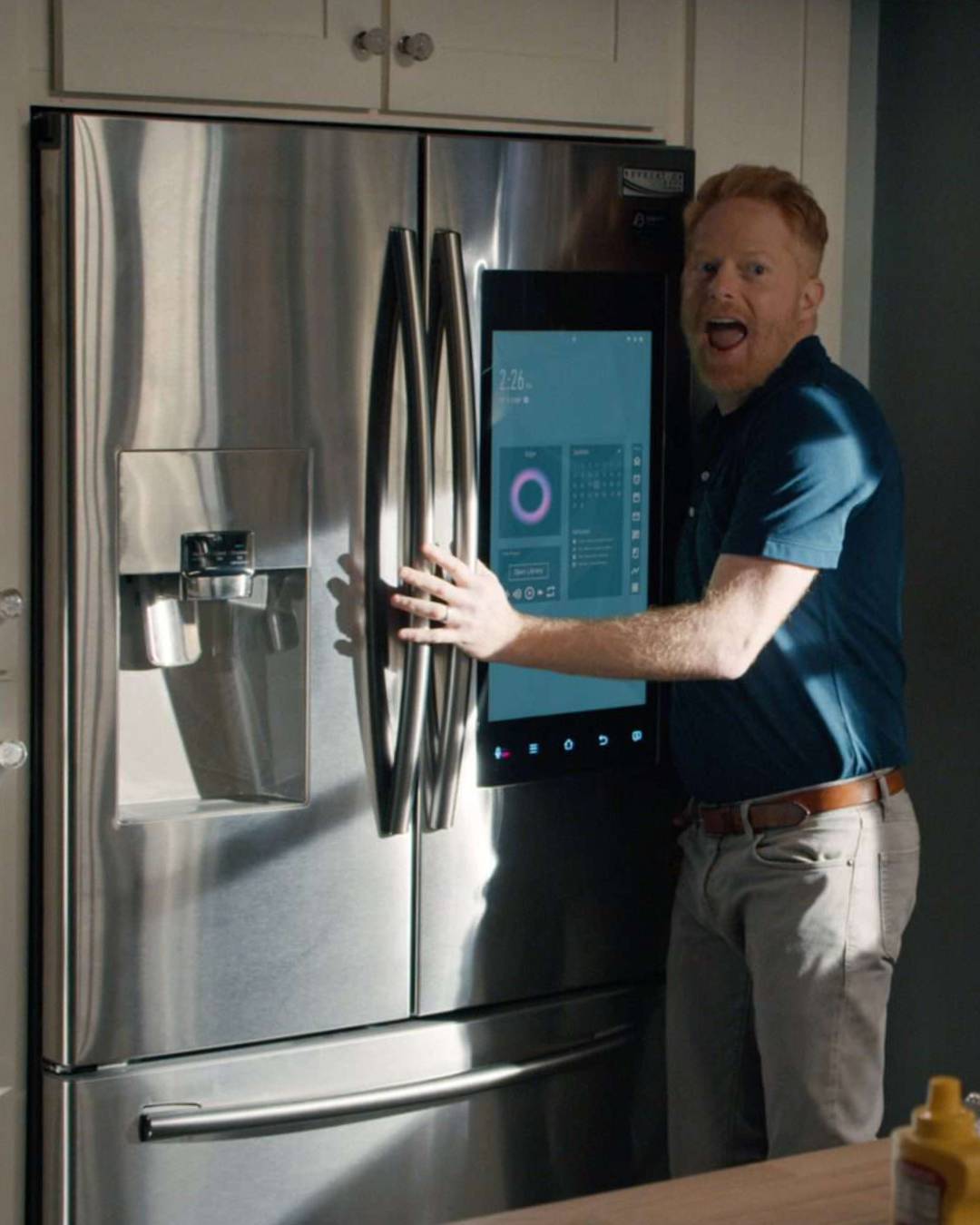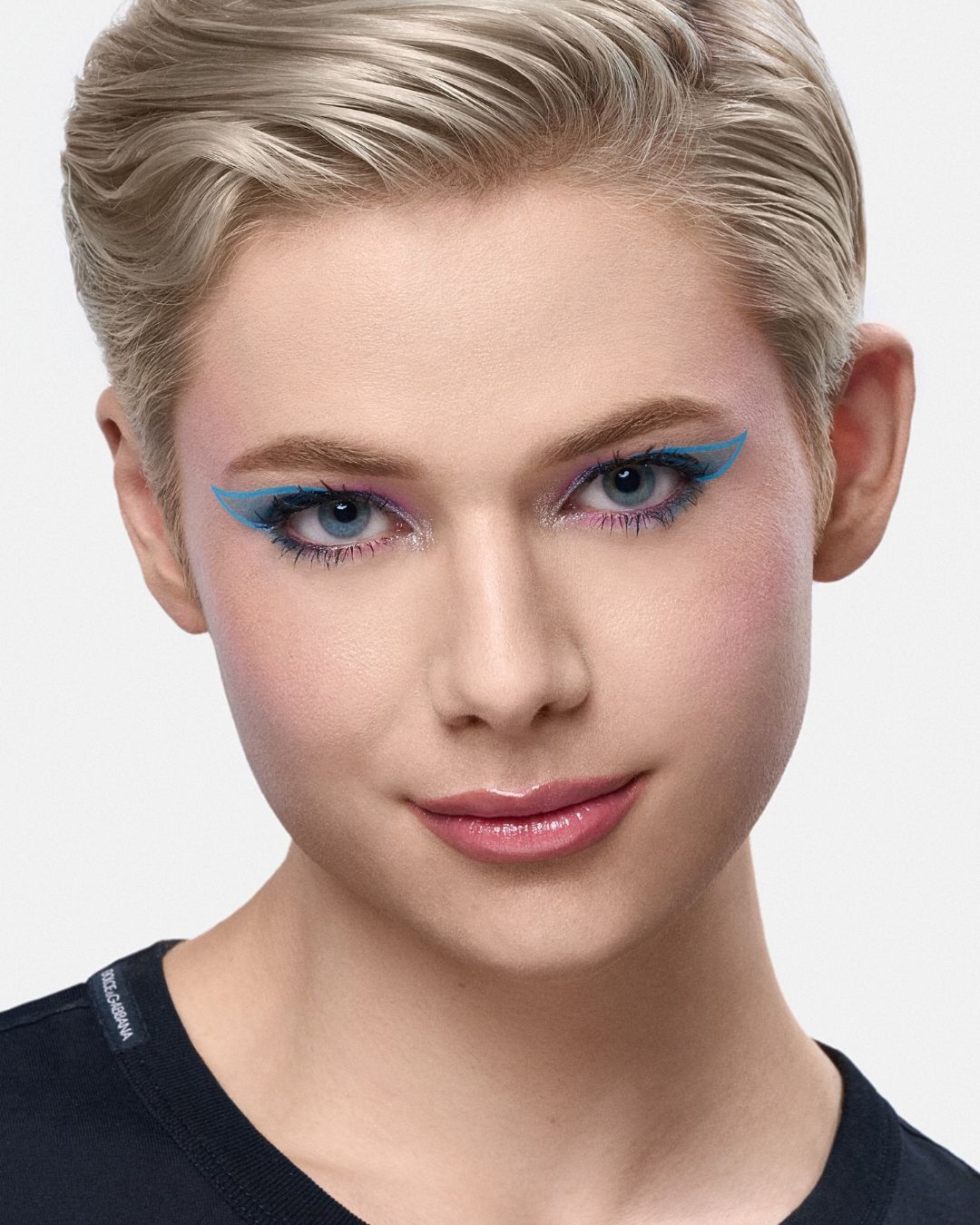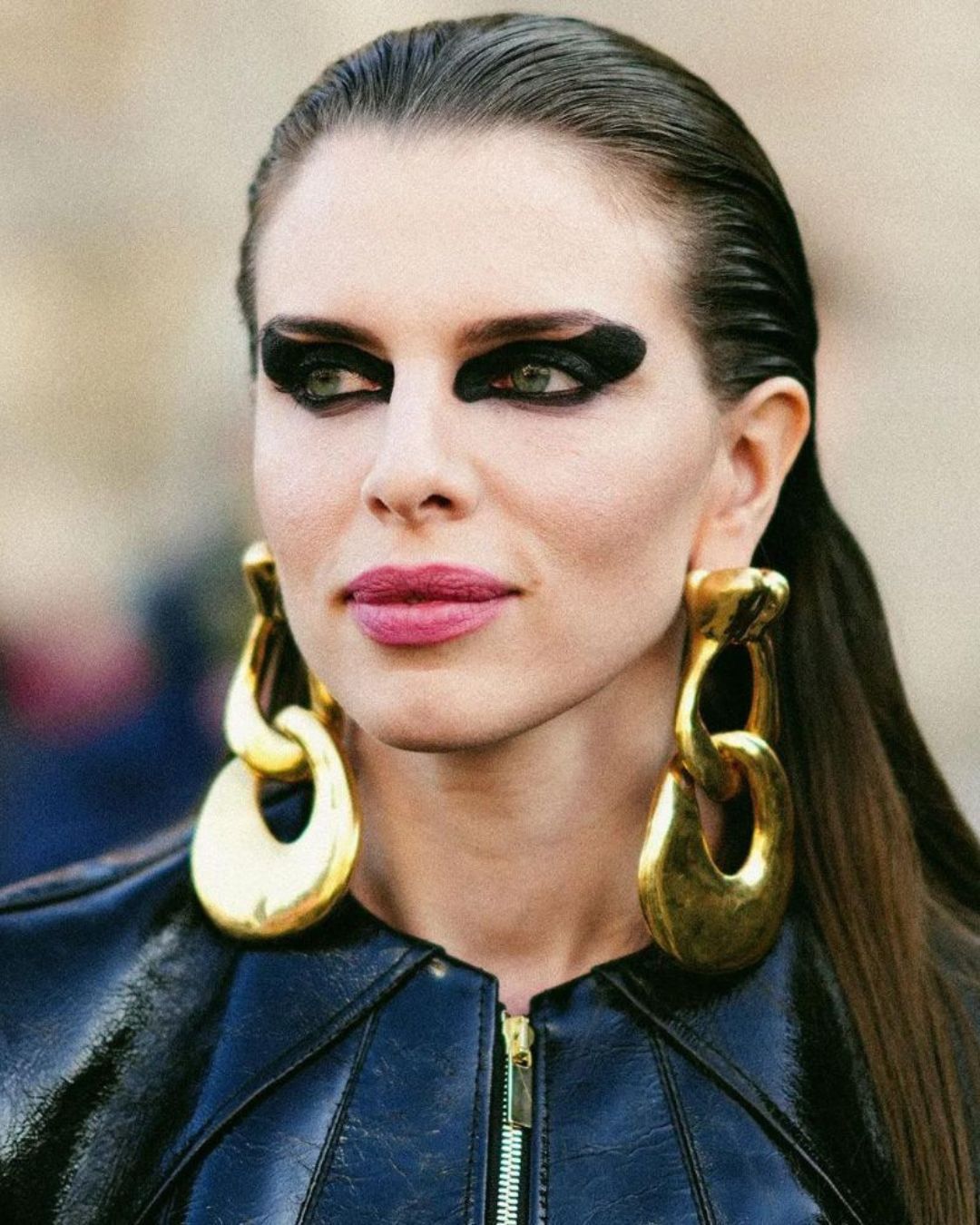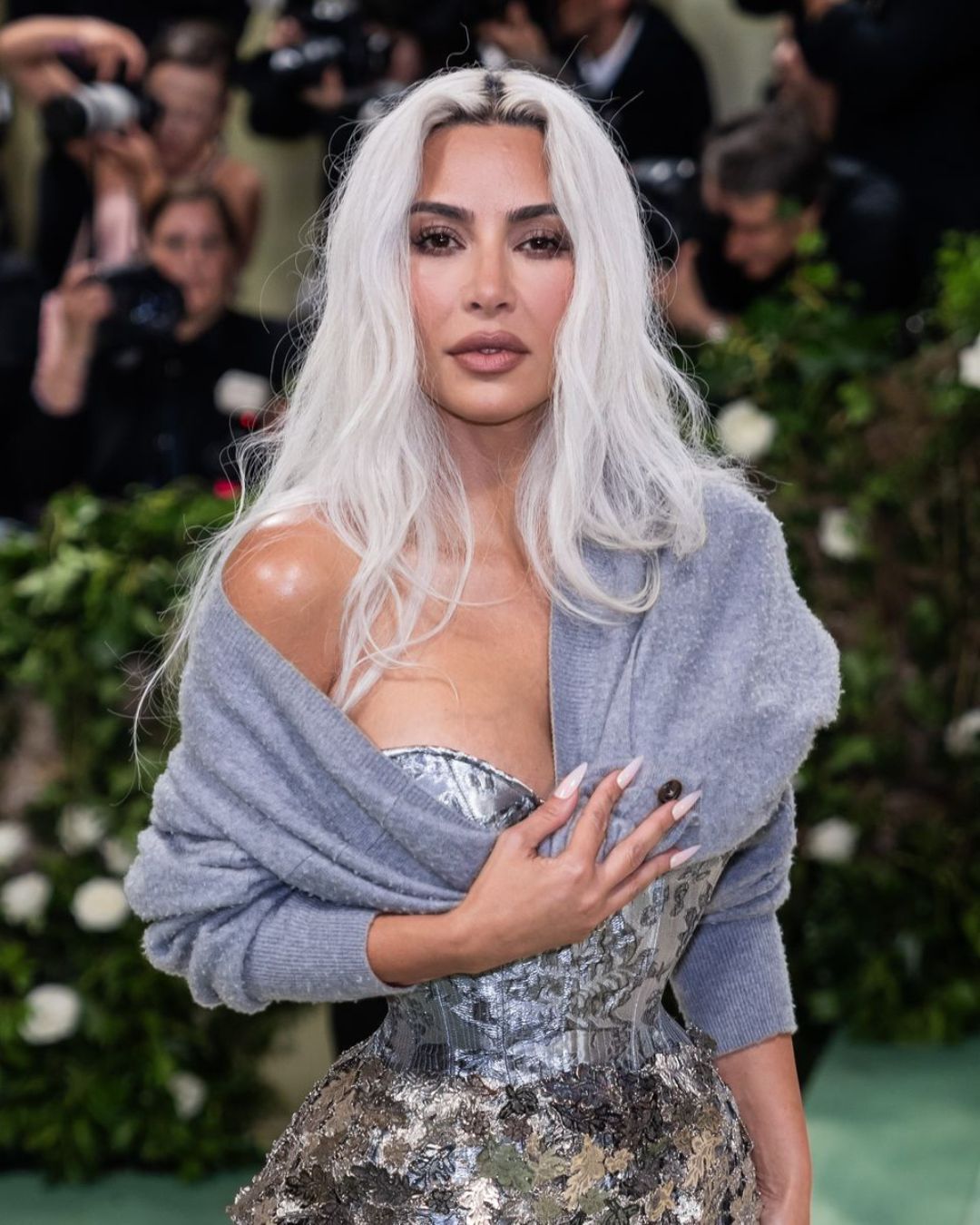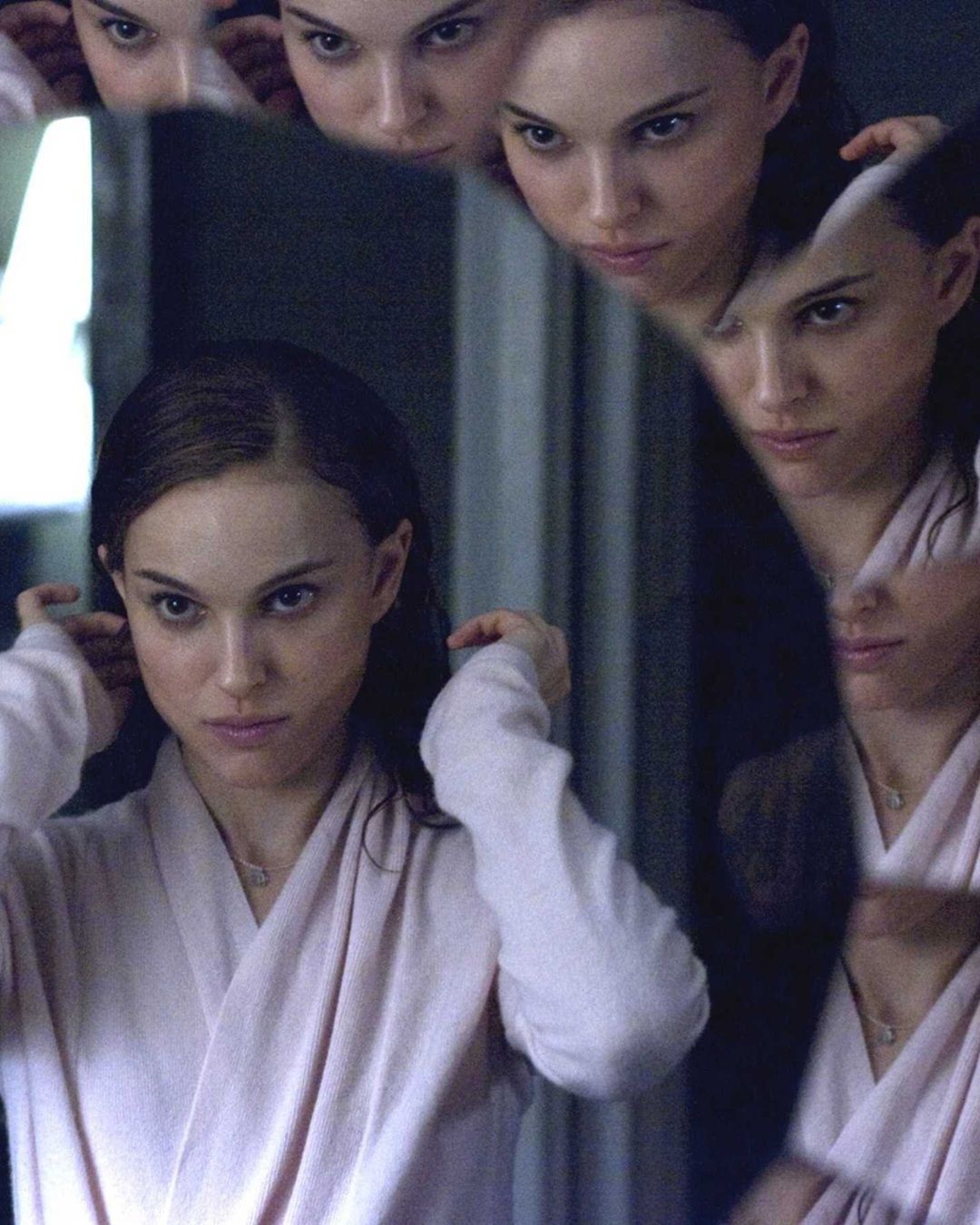
Ugly for social, inadequate for ourselves: self-esteem in the digital age We are losing the invisible war between self-esteem and the illusion of perfection
It is not easy to sincerely say, "I love myself" or "I am fine just the way I am." Some spend a lifetime trying to reach that point. Self-esteem and self-acceptance are the results of various factors and experiences, shaped by fluctuating and challenging journeys, as well as compromises between who we are, who we want to be, and who society expects us to become. It is painful. Exhausting. Increasingly complicated. In the age of digitalization and constant connectivity, self-perception and self-esteem development are heavily influenced by pervasive socio-cultural dynamics. Edited images, beauty filters, and carefully curated poses create an illusion of perfection that is unattainable for most people. When we add constant social comparison, it is easy to understand why feelings of inadequacy are becoming more widespread, pushing many into an endless search for external validation—or, in the worst cases, into burnout.
@quotedmind Social media shows only the highlights, but not the imperfections. #philosophy #hopecore #quotes #deepquotes original sound - Quotedmind
Social Comparison Theory: why looking at others’ lives is bad for us
The internet is filled with idealized bodies and lifestyles. The influencers dominating our feeds appear eternally young, with symmetrical faces, flawless skin, and sculpted, conventionally attractive bodies. Their lives, as portrayed on social media, seem like an ongoing performance—delicious food, stylish decor, trendy outfits, and even moments of sadness or illness appear glamorized. When we shift our gaze from these videos to ourselves and our ordinary surroundings, disappointment, inadequacy, and even inferiority consume us.
@jessica.stocker What are your thoughts?
original sound - Jessica Stocker
This aligns with Social Comparison Theory, formulated by psychologist Leon Festinger in 1954, which suggests that individuals evaluate themselves by comparing with others to gain a sense of self-definition and self-esteem. Festinger identified two main types of social comparison: upward comparison: which occurs when we compare ourselves to people we perceive as superior or more competent in a specific field; and downward comparison, which occurs when we compare ourselves to those we see as less competent or in a worse situation. While the latter type of comparison can help us feel better about ourselves and strengthen our self-esteem, the former, on the other hand, tends to generate dissatisfaction and low self-esteem. And that is what happens in an amplified way with social media. Constant exposure to filtered beauty and perfection tricks the brain into failing to distinguish between reality and edited content, leading to distorted self-perception, chronic dissatisfaction, and deep-seated feelings of inadequacy.
The impact of social media on mental health and self-esteem
It is no surprise that numerous studies have found a strong correlation between excessive social media use and increased levels of anxiety, depression, and low self-esteem. A 2023 study found that one in seven girls between the ages of 16 and 24 had suicidal thoughts due to social media comparisons, while a 2024 report by Dove's Self-Esteem Project found that that 90% of girls aged 10 to 17 follow at least one social media account that makes them feel less attractive. In recent years, there has been a worrying decline in self-esteem levels in Italy as well, especially among the younger generation. According to a 2025 survey, 17.2 percent of young Italians say they have very low self-esteem, while nearly 50 percent feel inadequate about what they see and read on social media. In addition, 38.1% are not satisfied with their physical appearance.
@chantal.rdv Social media has been affecting my mental health, and I let it. I don’t want validation through likes and followers. I just want to like myself again.
fragile - favsoundds
The never-ending search for external validation
Beauty standards have existed long before social media. However, the constant comparison and online approval-seeking behavior create a vicious cycle of insecurity and emotional dependence. We live for likes, striving to imitate the perfection showcased on Instagram, in a highly visual and virtual culture where images speak louder than words. From mirrors to Zoom calls and TikTok videos, we are constantly confronted with our own reflections, reshaping our self-perception. As Heather Widdows, professor of philosophy at the University of Warwick, explains: "The focus on bodies and images has changed our sense of self. Our appearance has become ‘who we are.’ This is radically different from previous generations, where identity and self-worth were more about character or roles." At the same time, we are losing an accurate perception of beauty and imperfection. Today, even women like Sydney Sweeney and Margot Robbie are labeled as "mid" by certain online communities, raising the bar for unrealistic beauty standards and further fueling inferiority complexes.
Beauty, ugliness and self-esteem in the digital age
Who decides who is beautiful and who is not? Beauty is not static, objective, or universal. History teaches us that aesthetic standards change over time and across cultures: from the soft, abundant forms admired during the Renaissance to the slender bodies of contemporary fashion. In the digital era, however, the power to define beauty has shifted from artists and philosophers to algorithms and influencers. SEO-driven digital platforms like Instagram and TikTok create homogeneous, often unrealistic beauty standards, reinforced by filters, photo editing, and idealized role models far removed from everyday reality. These platforms favor symmetrical faces, smooth skin, and sculpted bodies, aesthetically rewarding content that conforms to these criteria. This reinforces the belief that only certain physical traits are desirable, excluding diversity and creating an implicit hierarchy of value based on appearance. Away from filters and carefully posed photos, there is no space for the real human body, perceived as "imperfect," nor for those deemed ugly. Yet, as Moshtari Hilal explores in her book UGLINESS, ugliness is merely a cultural and social construct, often used to marginalize identities and bodies that do not conform to Western beauty standards.
How to rebuild self-esteem?
To restore a healthy sense of self-esteem, it is essential to recognize the illusory nature of social media and resist the urge to compare ourselves to unrealistic standards. Building self-acceptance requires mindfulness, self-compassion, and a critical approach to the digital content we consume. Instead of seeking validation from an external audience, we should prioritize self-care, real-life connections, and personal growth. But how? Some turn to therapy, while others practice digital detox. More and more young people are swapping their smartphones for dumbphones—simple mobile phones with limited digital functionalities—to reclaim the time they would otherwise spend scrolling or comparing themselves to the polished images on Instagram. The result? Many report feeling better and more confident about their appearance.




















































